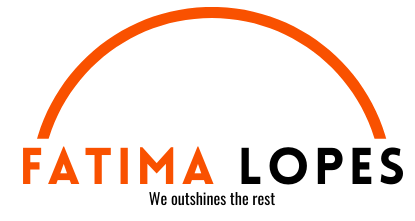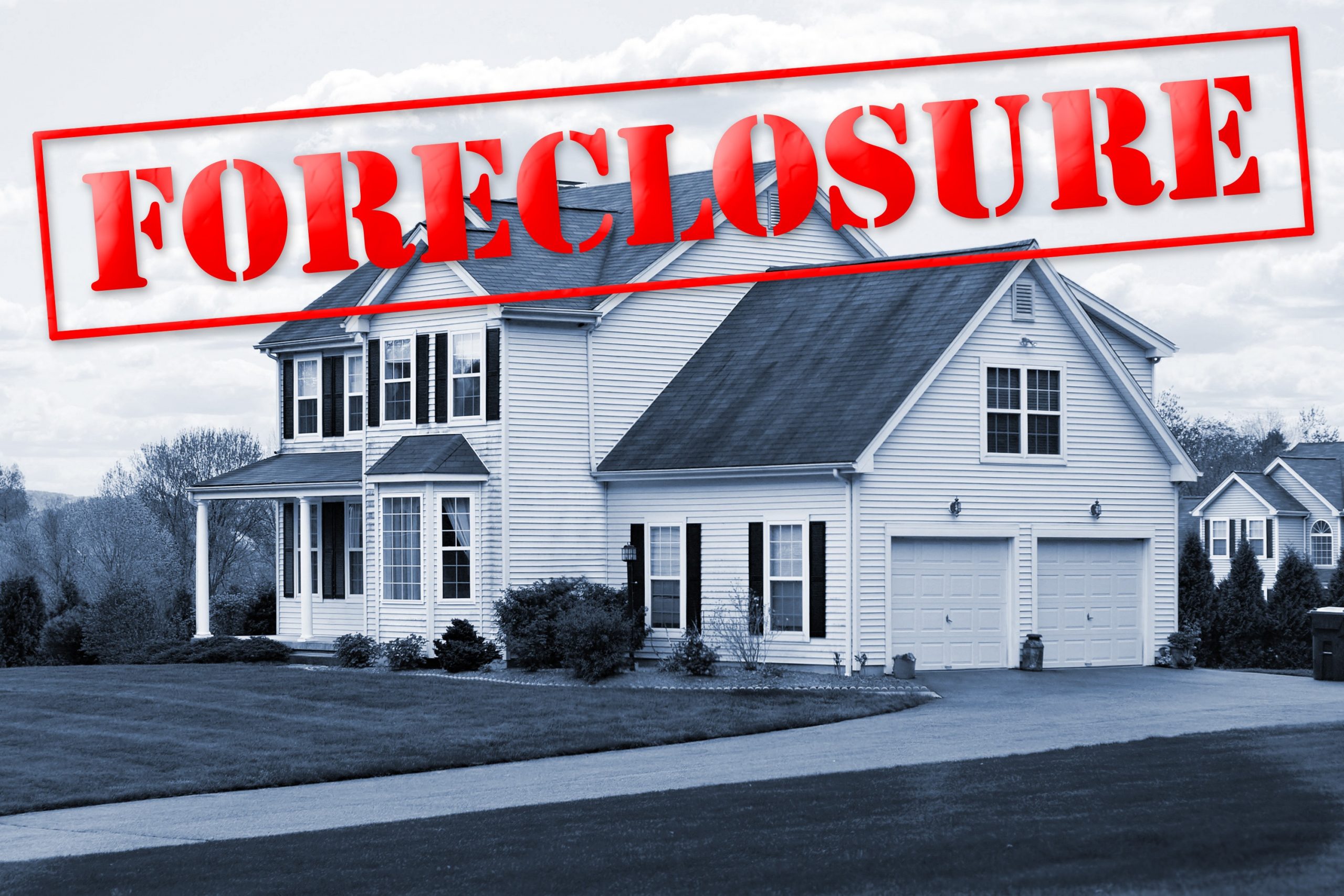People facing house foreclosure are often confused as to what options are available to either save their home or minimize the impact to their credit. As a private real estate investor, I know that most homeowners want to stop foreclosure proceedings by working out a payment plan, but some can no longer afford their loan payments and are left with few options.
Contact the Lender
Individuals concerned about house foreclosure must become highly proactive in taking steps to remedy the situation. The first line of defense is to contact the servicing lender. When borrowers default on home loans their account is turned over to bank loss mitigation.
This division handles a multitude of delinquency problems and it can be challenging to speak with a representative. If unable to make phone contact, the next step would be to call the bank and request a meeting with the branch manager.
If this doesn’t provide results, the final step would involve sending a certified letter with a return receipt request. This provides borrowers with a signed document showing the name of the person who received the certified letter.

Reach out to a Bank Loss Mitigator
The role of bank loss mitigators is to help borrowers devise a plan that will allow them to avoid foreclosure. While it often appears as if banks are only interested in repossessing properties, the truth is the foreclosure process costs a considerable sum of money. When possible, banks would rather work out a plan than commence with foreclosure.
Loss mitigators can offer a variety of solutions including loan deferment, mortgage forbearance, loan modification, and mortgage refinance. Much depends on borrowers’ payment history; number of delinquent payments; loan balance; and borrowers’ current financial situation.
When loan deferment is offered, borrowers are given permission to skip a predetermined number of loan payments, usually for 1 to 3 months. Once the deferment period expires, borrowers remit the full amount of skipped payments. This can be a good option for borrowers facing temporary financial setbacks, but they must be in position to repay missed payments at the end of the deferment period or the bank can commence with foreclosure action.
Mortgage Forbearance
Mortgage forbearance plans allow borrowers to skip payments or pay partial loan installments for a specific amount of time. Similar to loan deferment, forbearance agreements prevent the bank from commencing with foreclosure as long as borrowers remain in compliance. When forbearance plans expire, borrowers enter into a payment plan to pay skipped amounts.
Careful consideration should be given when entering into either of these options because banks can immediately engage in foreclosure if borrowers are unable to pay skipped amounts or remain current with future payments.
Loan Modification

Loan modification alters terms of the mortgage note. Banks can reduce the rate of interest, lower principal amounts, or both. Most lenders reduce interest rates which in turn reduces loan installments. However, a few banks are now reducing principal amounts when borrowers owe substantially more than the property is worth. Lowering the principal balance often allows borrowers to save their home from foreclosure and meet future loan obligations.
Making Home Affordable
Prior to contacting the serving lender, borrowers may first want to investigate the Making Home Affordable program. Many banks are participating in this program which engages in loan mods, mortgage refinancing, and foreclosure alternatives. Participating lenders are required to respond to foreclosure assistance requests within 30 days.
If borrowers cannot afford to prevent house foreclosure they may be eligible for Making Home Affordable ‘Exit Gracefully’ program. Options include real estate short sales or deed in lieu of foreclosure. Qualified homeowners can receive up to $3000 in relocation assistance funds.
Short Sale
Real estate short sales involve selling the property for less than owed on the loan. Deed in lieu of foreclosure involves returning the property to the lender. Careful consideration should be given to both options as banks oftentimes hold borrowers responsible for deficiency amounts between the loan balance and property sale price.
Borrowers may find it advantageous to obtain counseling to determine which options are best suited for their needs. The Department of Housing and Urban Development has received over $70 million in grant money to provide free housing counseling to those in need. Program details and a list of nationwide housing counselors are available at HUD.gov.

